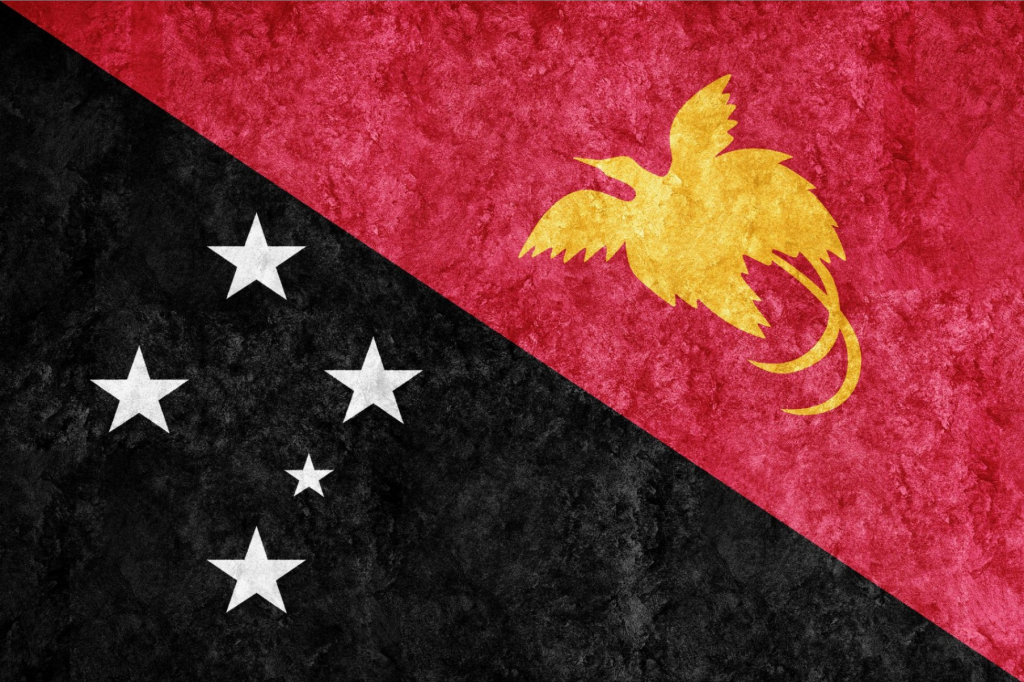Papua New Guinea, A.K.A PNG situated in the heart of the South Pacific, is a land of remarkable cultural diversity and breathtaking landscapes. With its growing economy, comprehending the unique aspects of the cost of living here is paramount. This all-encompassing guide delves into the financial intricacies, offering invaluable insights into housing, transportation, healthcare, education, and various other facets of life in this dynamic nation. Whether you’re considering relocation or simply curious about life in this captivating country, explore the complete financial picture of Papua New Guinea.

Housing costs
Papua New Guinea’s diverse landscapes reflect a broad spectrum of housing costs. In the heart of Port Moresby, PNG’s capital, diverse housing awaits. Monthly rent for a one-bedroom flat ranges from $1,000 to $2,000, catering to various preferences and budgets. While cities like Lae and Mount Hagen offer slightly more affordable options, rental rates remain notable. For those seeking budget-friendly choices, guesthouses, and shared living arrangements can provide more economical solutions.
Cost of transportation
Navigating transportation in PNG presents distinctive challenges. Navigating the transportation landscape in this country poses unique challenges. Amidst the challenge of navigating underdeveloped road networks, four-wheel-drive vehicles emerge as unwavering allies, their rugged spirits conquering the rugged terrains of Papua New Guinea. The realm of vehicle pricing, however, is a complex arena where import taxes wield their influence, casting a shadow of significance on the purchase of a new car. Here, investments demand attention, and costs ebb and flow between $25,000 and $50,000, echoing the variability of this intriguing nation. Yet, for city-dwellers, the heartbeat of public transportation provides a welcome rhythm to their daily commutes. Buses and minivans dance through urban streets, offering an economic lifeline in the voyage of everyday life.
Medical expenses
Healthcare in PNG presents challenges with variations in the standard of care. Expatriates are advised to secure comprehensive health insurance to ensure access to high-quality medical treatment when necessary. Given the limited availability of advanced medical facilities in some regions, insurance should also cover medical evacuation services.
Costs of education
A distinctive combination of public and private educational options is offered in this nation. PNG’s education landscape offers a choice between tuition-free public schools and the financial commitment of private institutions. The annual tuition expenses are as diverse as the student body itself, determined by the specific institution and the academic year. While public schools open their doors to eager learners, parents contemplating their children’s educational journey must be prepared for the range of private school costs, spanning from $1,000 to $5,000. Careful consideration and financial planning become indispensable for these scholarly endeavors in the heart of PNG.
Utility bills
In this nation, utilities such as internet, water, and electricity can raise your monthly bills. Depending on the kind and location of lodging, prices may change. The expenses of these expenses might vary from $50 to $200 each month, therefore expatriates should plan accordingly.
A look at exchange rates
The cost of living is influenced by exchange rates, much like in many other nations. It’s critical for foreign nationals receiving income in PNG to keep an eye on exchange rates to get the most out of their wages.
Expatriate communities
Particularly in the cities, PNG is home to a tiny but diverse community of foreigners. Interacting with these groups can offer insightful advice on controlling living expenses, locating acceptable housing, and assimilating into the community.
Currency and banking
The Kina (PGK) is the currency of this nation. To properly manage spending and facilitate financial activities, it is advisable to maintain a local bank account. There are international ATMs and banking services accessible, although there can be costs for transactions outside of the country.
You may also like these articles
Papua New Guinea: immigration guide
